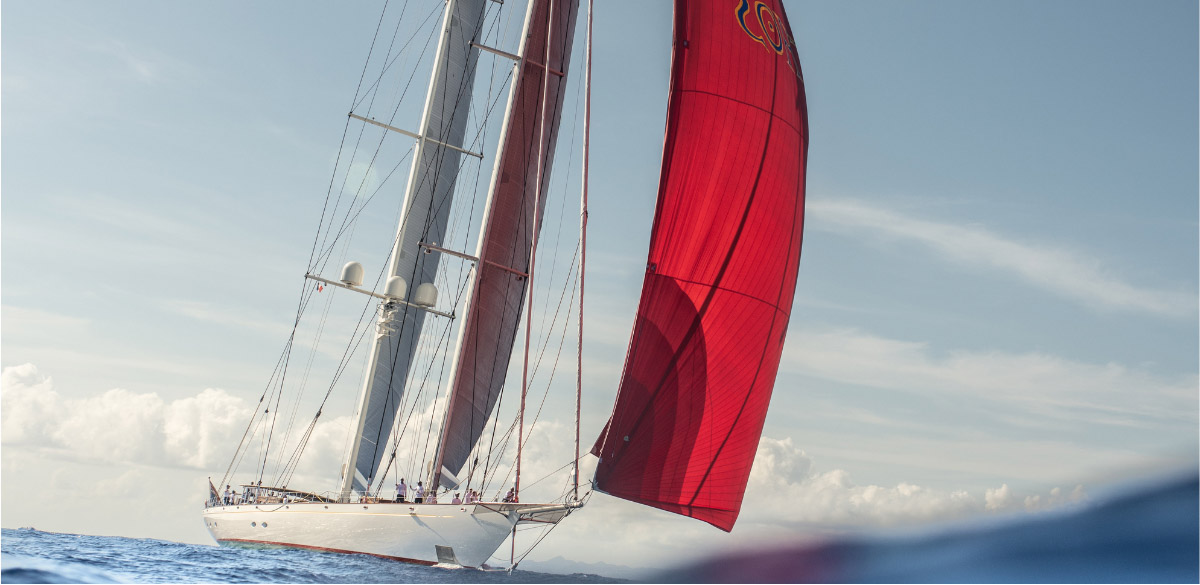Why every superyacht crew needs psychological first aid
Picture this: You’re aboard a superyacht, sailing through some of the most remote and awe-inspiring waters on Earth. It’s a dream job for many, but beneath the glitz and glamour lies a reality that seasoned crew members understand well. The superyacht industry demands more than just champagne service and five-star luxury; it requires resilience and a unique set of skills. Enter Psychological First Aid (PFA), a practical course tailored for the rough seas of life on board.
Psychological First Aid, or PFA, is not about fancy jargon or complicated theories. It’s about being the calm in the storm when things get tough emotionally. On a superyacht, where you’re often miles away from help, this skill is invaluable. Here’s why PFA matters:
- Unseen challenges of the superyacht industry
We’ve all seen those breathtaking pictures of superyachts cruising through crystal-clear waters. But there’s another side to the story. Crew members are exposed to prolonged isolation, extreme weather, and the constant pressure of catering to high-profile guests. These conditions can take a toll on mental well-being.
- The A.C.C.E. Model & the mental health continuum
Imagine you’re in a situation where a crew member or a guest is going through a tough time emotionally, and you can’t just call for help. As a first course of action in this instance, we recommend you use the Mental Health Continuum to assess the person/patient or incident.
What we are looking at assess with this tool, is whether the person/patient or incident closer to green or red.
This is where the A.C.C.E. model comes into play:
- Approach with Empathy: Approach the person with genuine care and understanding. It’s about lending a listening ear and letting them know you’re there.
- Connect and Communicate Effectively: Good communication can make all the difference. Learn how to establish a strong connection and offer the right words of support.
- Calm and Comfort in Turbulent Seas: Stay cool under pressure. It’s about being that comforting presence, especially when evacuation isn’t an option.
- Engage and Encourage Resilience & Most of All Evaluate to Evacuate: Help the person express their feelings and build emotional strength. This is about empowering them to bounce back, even in challenging conditions. If the person is not in the green zone, and is in amber (reactive) or red (ill or a danger to themselves, or others on the yacht) then evaluate to evacuate.
- Reading the signs in solitude
PFA teaches you to spot the subtle signs of psychological distress that often emerge during long periods of isolation. It’s about recognising when someone needs help before it becomes a crisis.
- Crisis response in remote settings
On a superyacht, evacuation for a psychological patient or during a major incident can be nearly impossible. PFA equips you with crisis response strategies tailored to these harsh conditions. You’ll learn how to provide immediate support in cases of psychological distress or even suicidal thoughts.
- Serving the elite and high-profile stress
Superyacht owners and guests come with high expectations. You’ll discover how to balance luxury with the realities of the high seas. This includes providing psychological support to high-profile individuals, ensuring their journey remains one of luxury and adventure.
In conclusion: Practical skills for real-world challenges
So, why does every superyacht crew need Psychological First Aid? Because it’s about being prepared for the realities of life at sea. It’s practical, down-to-earth training that empowers you to be the support system when it matters most.
In the superyacht industry, your role isn’t just about serving; it’s about ensuring the mental well-being of everyone on board, no matter how remote the destination or demanding the guest list. With PFA and the A.C.C.E. model as your tools, you’re ready to be the anchor of hope and support, making every voyage safe and unforgettable. So, set sail with confidence. Your journey starts here, with practical skills that can make all the difference when navigating choppy waters.


























0 Comments